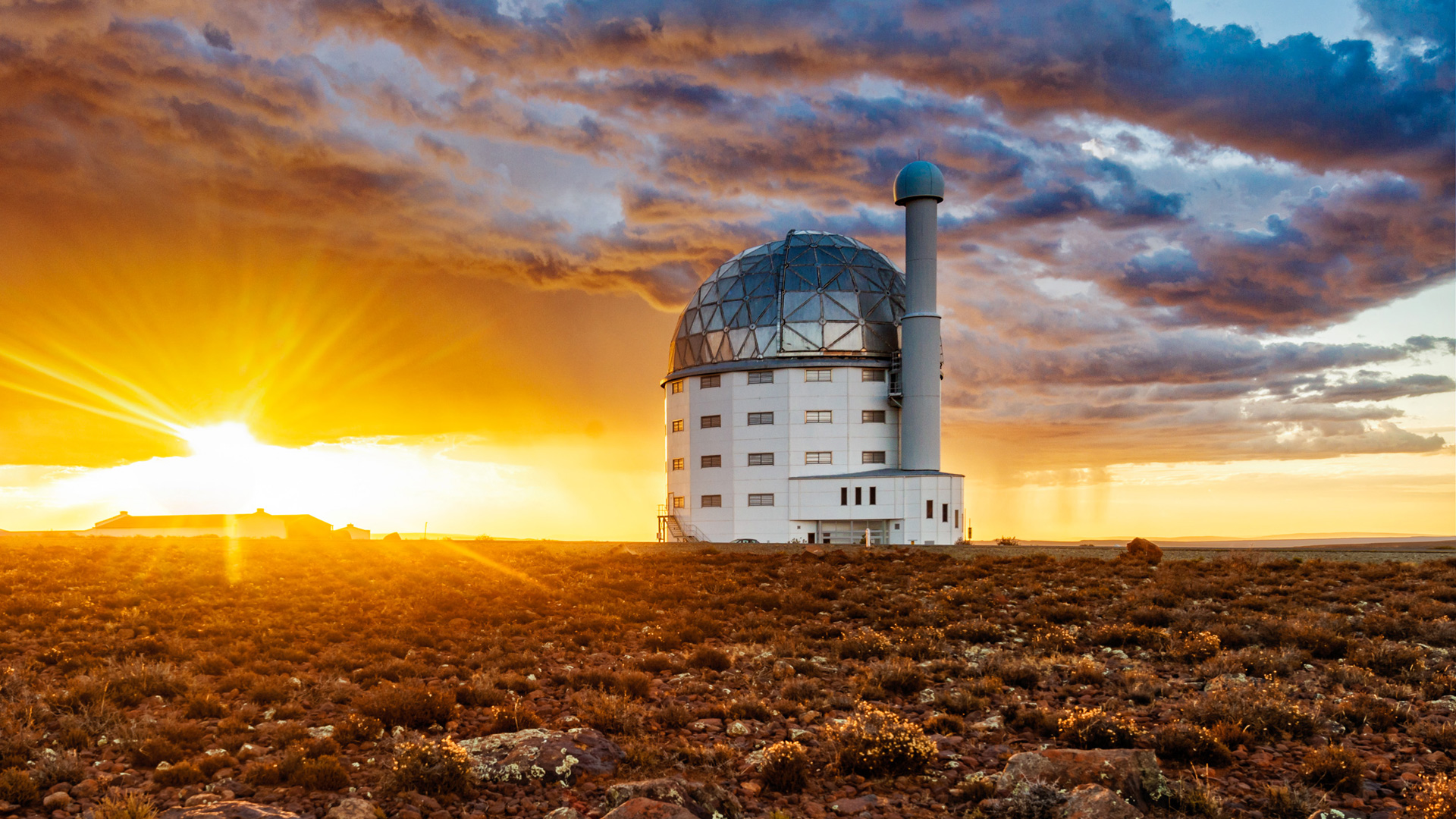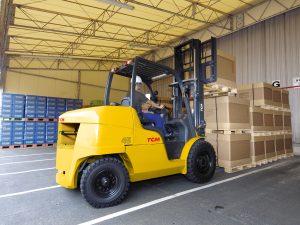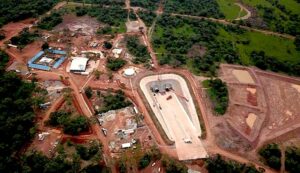Mining companies must adapt to evolving policies to access data vital
Hypervine, the Glasgow-based start-up, has announced the start of a project, co-funded by the European Space Agency (ESA), to develop services which utilise space-based data to help extractive industries.
Hypervine improves these services through its blockchain ledger, allowing for all satellite-sourced information to be guaranteed of the highest level of accuracy, enabling quarry companies to increase profits and have unparalleled oversight of their operations through the adoption of space assets, such as readings for topography, liquid, mineral and density readings.
Mining companies must constantly adapt to ever-changing economic, environmental and governmental policies making easily accessible, high quality and up-to-date data vital.
Obtaining the right information with the highest degree of accountability often takes months.
Numerous surveys must be cross-checked and compared on paper alongside satellite-sourced data, by multiple teams in different locations.
Through the implementation of Hypervine’s technology, data for mining teams and their subsidiaries is clearly recorded on an unalterable ledger, removing the risk of small changes being magnified down a chain, resulting in potentially catastrophic yet avoidable dangers and miscalculations.
Hypervine’s CEO and Founder, Paul Duddy stated that “Working with the European Space Agency is an incredible honour at such an early stage in our development.
“I started out having seen the potential to help a host of different industries bring their process into a digital age, but also to help eradicate the all too often catastrophic and sometimes fatal accidents that occur due to miss-recorded data or lost paperwork.
“Now, I am working with some of the sharpest minds there are, helping people on the ground in high-risk work environments to not only be safer, but be more sustainable in the process.”
As well as increasing accuracy when surveying and planning works on a new site, reducing costs, margins for error and potential risks for teams on the ground, implementation of Hypervine’s systems also allows for wider environmental savings through operational efficiencies and carbon reduction.
Beatrice Barresi, Technical Officer in ESA Space Solutions added, “The use of satellite-based data for mining work is already a sector experiencing huge investment and funding across private and nationalised space programs.
“ESA is very active in the development and deployment of innovative space-enabled applications that can quickly and effectively support better commercial outcomes.
It is a core goal of ours to make industries such as quarrying safer, cleaner and more accountable. Working with companies such as Hypervine allows us to achieve these goals whilst improving the standards across multiple industries. It has been great working with Hypervine on this project and, we look forward to the next phases to come.”
There are currently a number of projects in planning to develop digital tools using satellite applications, including a proposed follow-on mining project to further increase the use of cutting-edge digital processes in the mining sector.
Hypervine’s technology has been developed by its Founder and CEO Paul Duddy, a product development expert with experience increasing efficiencies and reducing costs through digitisation and implementation of new technologies for a variety of industries.
Whilst already working with firms in Germany, the UK and the US including Galliford Try Plc., Hypervine was recently announced as part of the latest cohort to join the Scottish Centre of Excellence in Satellite Applications (SoXSA) / Tontine incubator in Glasgow.
This will provide industry-leading support in further developing Hypervine’s satellite supporting technologies and includes the start-up on the iGAP accelerator program.
Share this content:















Post Comment